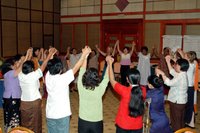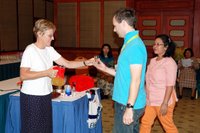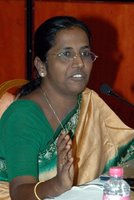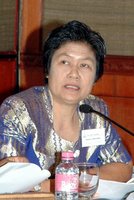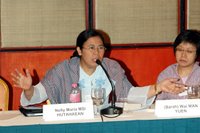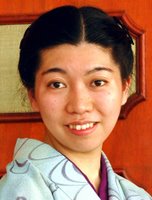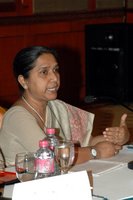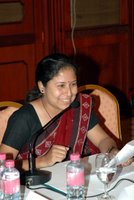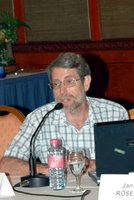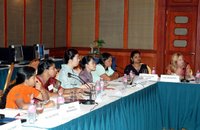When all is said and done
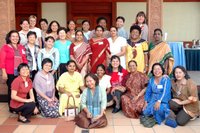 Asian Consultation on 'Stirring the Waters' ended
Asian Consultation on 'Stirring the Waters' endedThe Asian Consultation on 'Stirring the Waters', attended by over 30 participants representing the major regions of Asia, has come to an end.
The three Asian youth participants of the Lutheran World Federation (LWF) Office for Communication Services (OCS) and the Department for Mission and Development (DMD) Training Program 'Towards a Communicating Communion – A Youth Vision’, together with two resource persons, have successfully provided coverage of the weeks events through this web log.
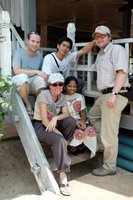 The aims of this program have been to educate, equip and invite women to take up leadership in calling for and participating in a Global Campaign for water for the healing of the world. Water issues have been well addressed by several international aid agencies through a rights-based approach. This consultation explored a faith-based approach. Unique to this program three participants were drawn from other faith traditions (Hinduism and Islam), representing the LWF Department for World Service field offices.
The aims of this program have been to educate, equip and invite women to take up leadership in calling for and participating in a Global Campaign for water for the healing of the world. Water issues have been well addressed by several international aid agencies through a rights-based approach. This consultation explored a faith-based approach. Unique to this program three participants were drawn from other faith traditions (Hinduism and Islam), representing the LWF Department for World Service field offices.The Lutheran World Information (LWI) published the following news story about the "Stirring the Waters" Asia Regional Consultation:
Water: The Challenge of the 21st Century - LWF Discusses "Stirring the Waters" in Phnom Penh. More…
The full text of the closing statement of the Phnom Penh meeting can be found as a pdf document on the LWF Web site. (Adobe Acrobat Reader is required to access this link.)

